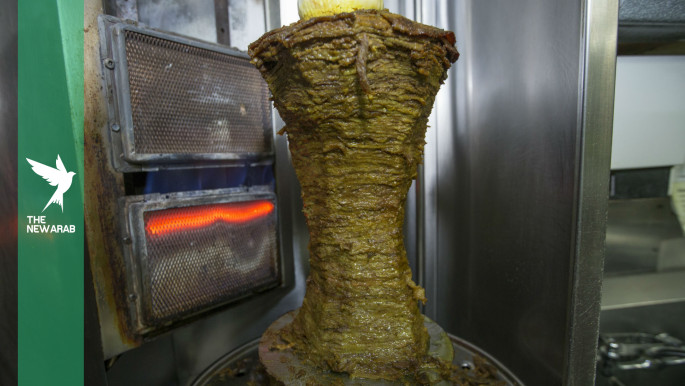Turkey has dropped its “Traditional Speciality Guaranteed” bid for doner, which would have had serious repercussions for kebab shops in Europe.
Ankara had attempted to have doner trademarked, meaning that all kebabs would have to stick to its strictt method of cooking and ingredients, sparking a brief culture war with Germany where the dish has become a staple.
There would have been a blanket requirement across the EU for doner kebabs to contain meat of chicken thighs and breasts, lamb aged for at least six months, beef aged for at least 16 months, and no turkey or veal.
Other specifications would have included the size of the meat shavings, the marinades used, and even the knife used in the process.
Doner, cooked on a revolving vertical stick, dates back to the 16th century, but a different version of the dish had emerged in Europe following generations of immigration from Turkey.
Germany, which has the largest Turkish population in the EU, fought against the Turkish bid, arguing that its take on doner was now an integral part of the country’s national cuisine.
“The doner belongs to Germany,” said former German food and agriculture minister Cem Özdemir, who argued against the trademark, which would have altered the kebab in Berlin, where the dish is ubiquitous.
Last week, the Turkish International Doner Federation (Udofed), which had spearheaded the trademark bid, said it had withdrawn its application to give the doner a protected status in Europe.
Doner kebabs, a classic meat dish, consist of thinly sliced cutlets from beef, lamb, or chicken, rotating on a stainless steel skewer over a fire, cooking the meat as it revolves vertically around its axis.
Before being placed on the skewer, the meat is marinated in a mixture of yoghurt, pepper, tomato puree, herbs, spices and salt.
It is popular for all meals in Germany, but is typically associated in Europe as a late-night snack after parties.

